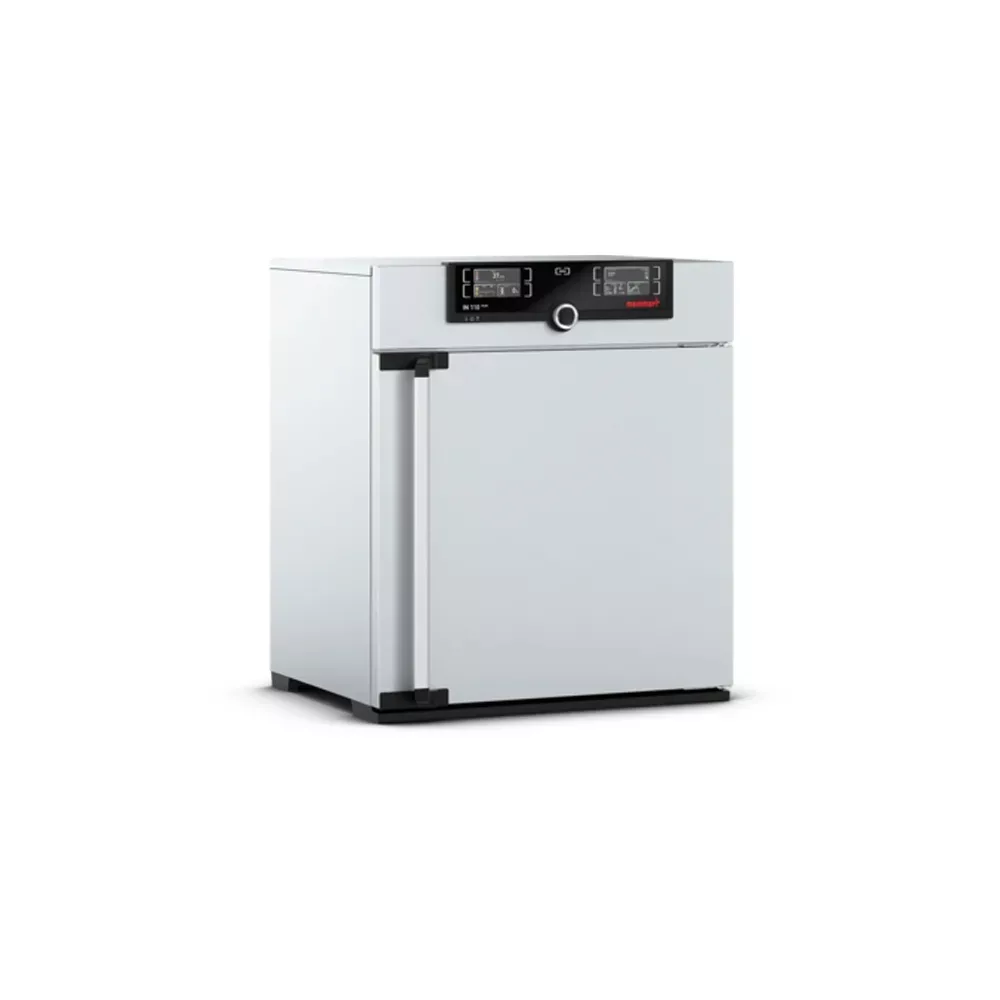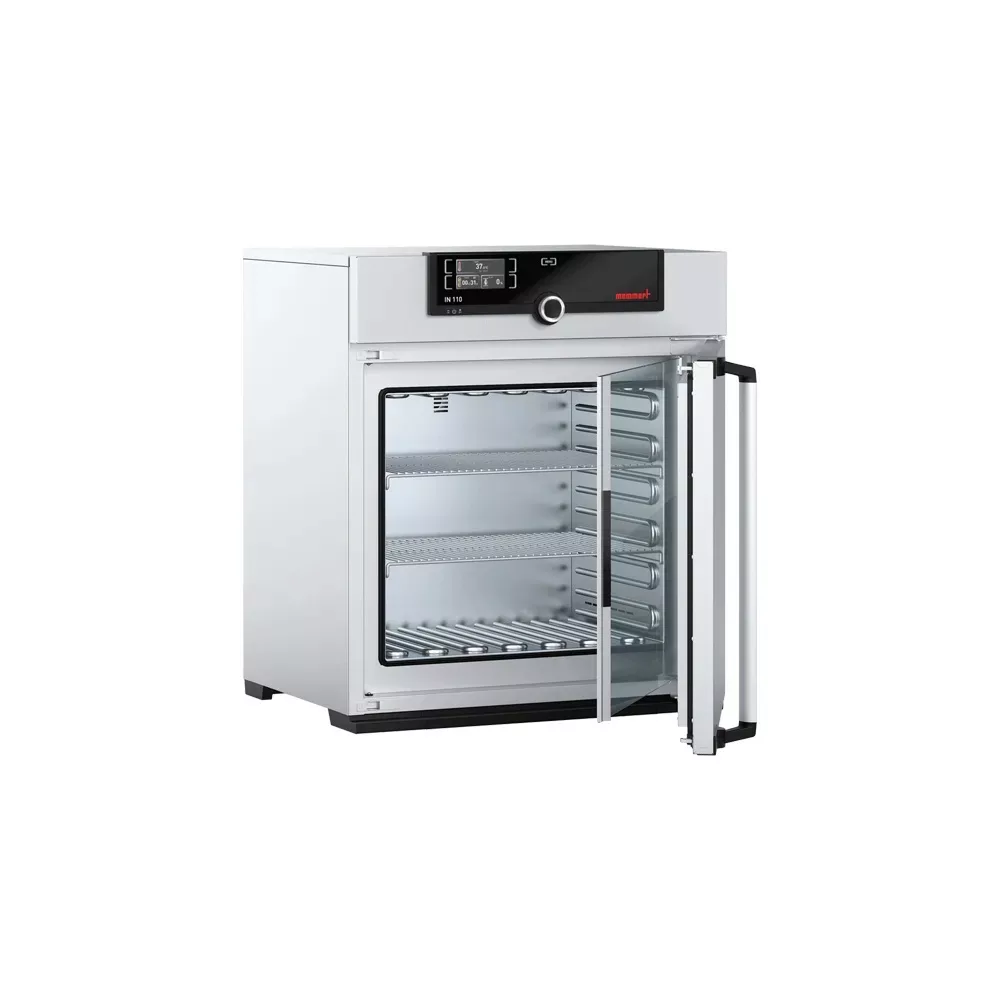Incubator: Essential Equipment for Stable, Controlled Laboratory Growth and Storage
Laboratory Incubator Memmert IN110plus is a must-have device in research, clinical, pharmaceutical, and industrial labs. It provides a controlled, contaminant-free environment for growing and storing microbiological cultures, cell lines, and biological samples. Whether you’re culturing bacteria, storing reagents, or incubating cell cultures, a high-quality incubator ensures precision, stability, and reproducibility.
Designed to maintain specific temperature, humidity, and gas levels, lab incubators are vital for experiments that require consistent environmental conditions over extended periods.
What Is an Incubator?
An incubator is a temperature-controlled chamber used to grow and maintain microbial organisms, cells, or tissues in optimal conditions. Commonly used in biology, medicine, and biotechnology, incubators protect sensitive samples from contamination and external variables, ensuring reliable results.
Basic incubators maintain temperature, while advanced models regulate humidity, CO₂, and oxygen levels to replicate natural growth conditions.
Key Features of a Laboratory Incubator
-
Accurate Temperature Control
Most incubators operate within a range of +5°C above ambient to 60–80°C, with digital controllers for precision temperature regulation (±0.1°C). -
Uniform Air Circulation
Fan-assisted airflow or natural convection ensures consistent temperature distribution throughout the chamber. -
Adjustable Shelving
Interior shelves can be repositioned to accommodate various sample containers, flasks, or petri dishes. -
Double-Walled Insulation
Improves energy efficiency and keeps the outer surface cool to the touch. -
Built-in Safety Features
Over-temperature protection, alarms, and auto shutoff systems safeguard both users and samples. -
Glass Viewing Window
Allows monitoring without opening the door and disrupting internal conditions. -
Optional CO₂ and Humidity Control
For sensitive cell culture applications, CO₂ and humidity control systems replicate physiological environments.
Types of Laboratory Incubators
| Type | Key Feature | Ideal For |
|---|---|---|
| Standard Incubator | Basic temperature control | Microbiology, bacterial cultures |
| CO₂ Incubator | Maintains CO₂ levels (typically 5%) | Cell culture, tissue growth |
| Shaking Incubator | Includes orbital shaking function | Aerobic microbial growth, enzyme studies |
| Refrigerated Incubator | Capable of cooling as well as heating | Enzyme reactions, seed germination |
| Humidity Incubator | Controls humidity levels precisely | Fungal growth, specific cell lines |
Common Applications of Lab Incubators
-
Microbiology: Cultivating bacteria, yeast, and fungi for research or clinical diagnosis
-
Biotechnology: Growing mammalian or stem cells for experimentation
-
Pharmaceuticals: Drug testing, stability testing, and vaccine development
-
Environmental Testing: Simulating environmental conditions to test microbial responses
-
Food & Beverage: Microbial quality control, fermentation process development
-
Agriculture: Germination testing, plant tissue culture studies
Benefits of Using a Laboratory Incubator
✅ Controlled Conditions: Offers a stable environment that is essential for reproducible results.
✅ Enhanced Sample Protection: Sealed chambers reduce contamination risk.
✅ Energy Efficiency: Insulated design helps maintain consistent internal conditions while minimizing energy consumption.
✅ Versatility: Suitable for a wide range of life science, clinical, and industrial applications.
✅ Time Efficiency: Accelerates growth cycles by maintaining optimal temperatures continuously.
How to Choose the Right Incubator
-
Determine Your Application
Choose an incubator that fits your specific lab needs—whether it’s simple bacterial culture or sensitive tissue engineering. -
Temperature Range
Ensure the model offers a sufficient range for your experiments, including cooling if necessary. -
Capacity & Size
Consider how many samples you plan to run and the available bench or floor space. -
Advanced Controls
For more demanding applications, choose models with programmable settings, CO₂ and humidity control, and remote monitoring. -
Maintenance & Usability
Easy-to-clean interiors, intuitive controls, and service accessibility reduce downtime and user error.
Conclusion
A laboratory incubator is more than just a heating chamber—it’s a cornerstone of biological research and production. From growing microbial cultures to preserving delicate cell lines, incubators offer the environmental control needed for scientific accuracy and repeatability. Whether you need a basic thermal chamber or a high-end CO₂-controlled model, investing in a reliable incubator ensures success across a wide range of life sciences and industrial processes.
Explore our selection of lab incubators to find the perfect solution for your research and testing needs. Designed for performance, safety, and efficiency, our incubators are trusted by scientists and researchers around the world.






Reviews
There are no reviews yet.